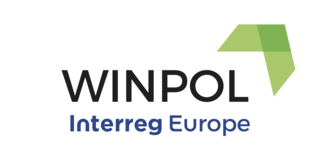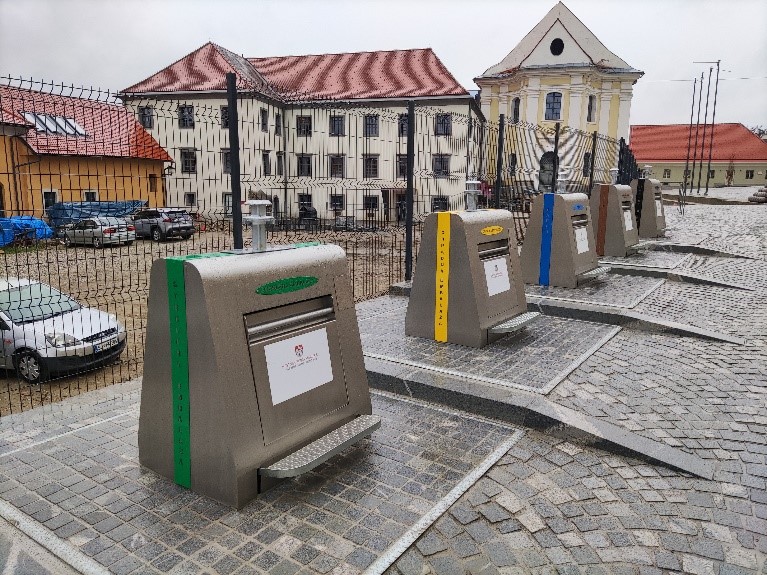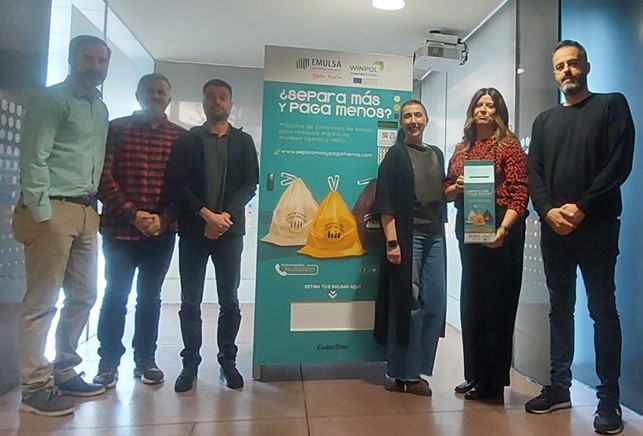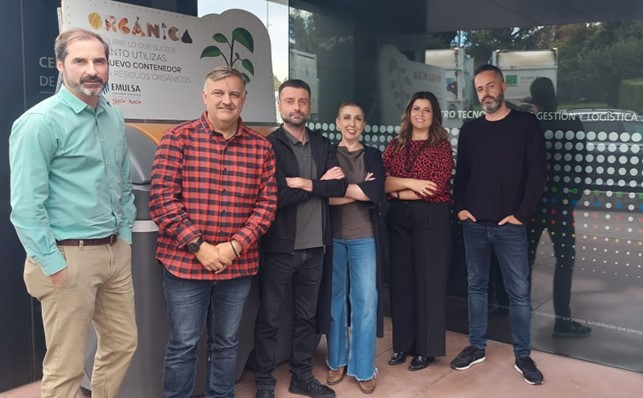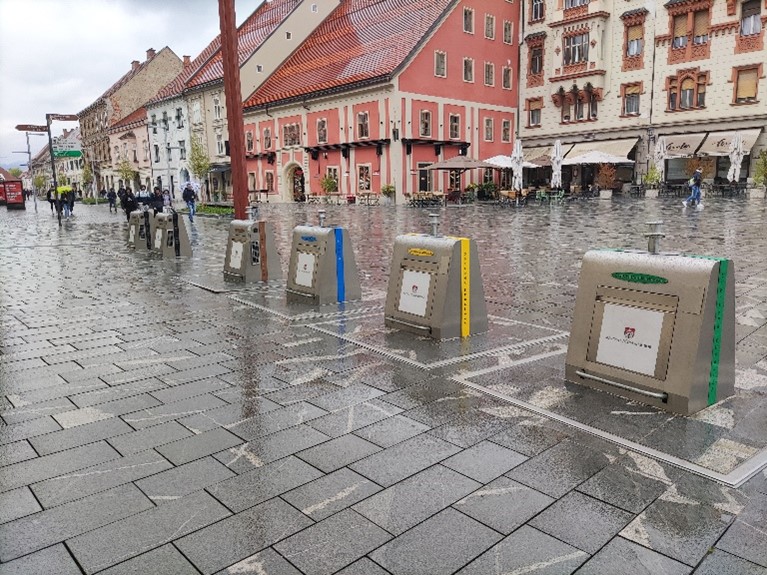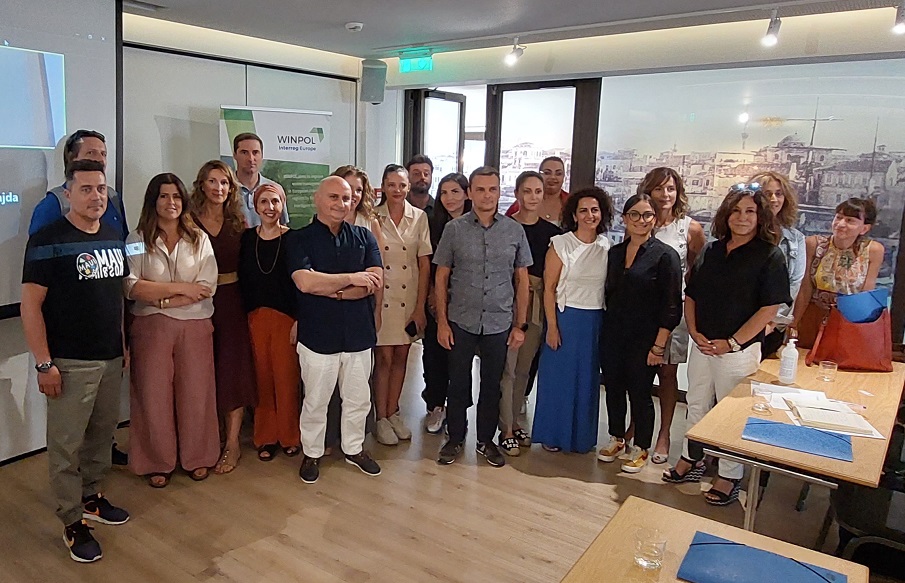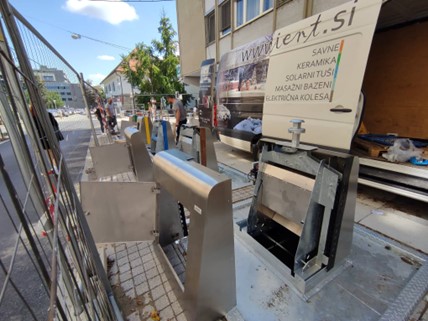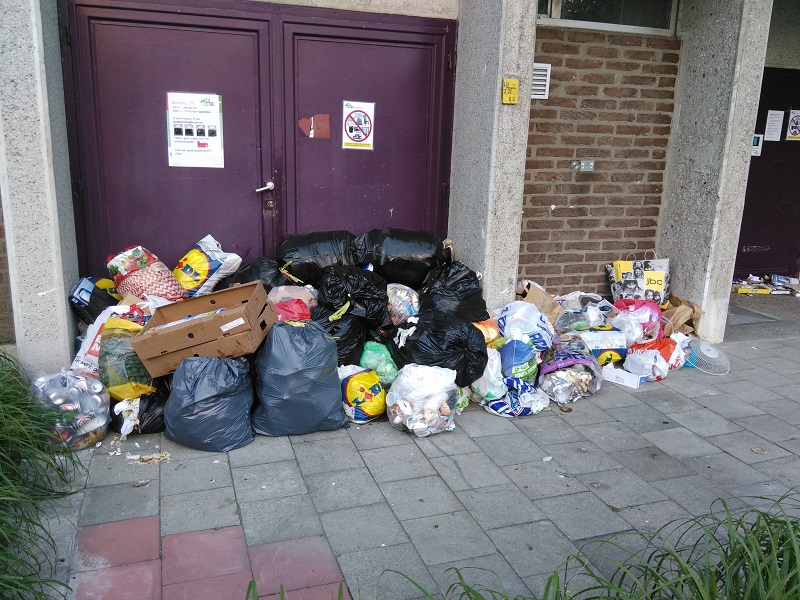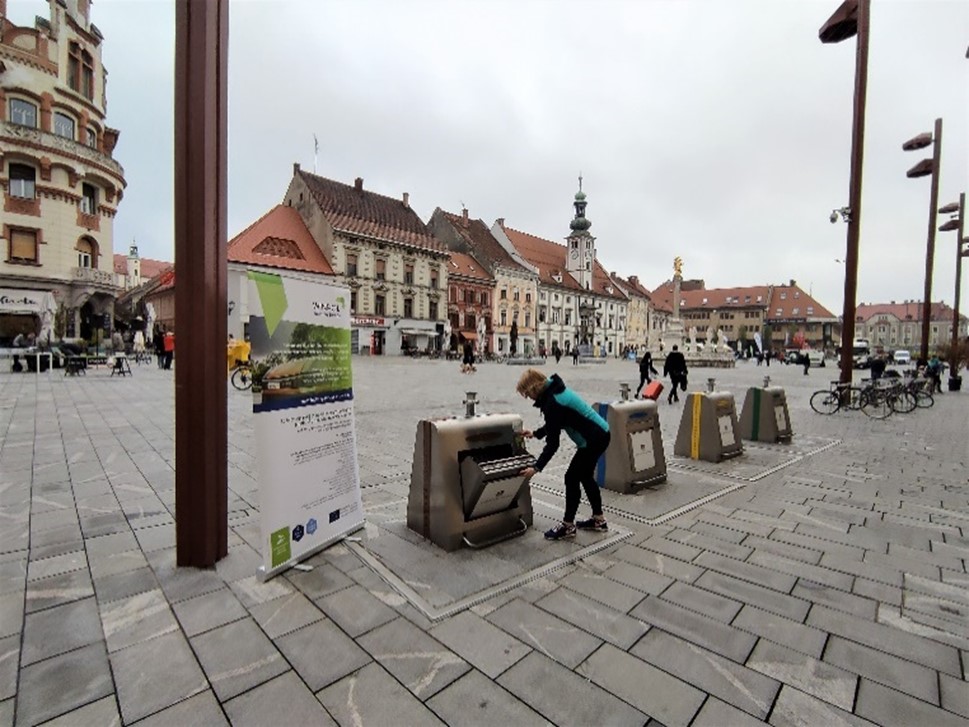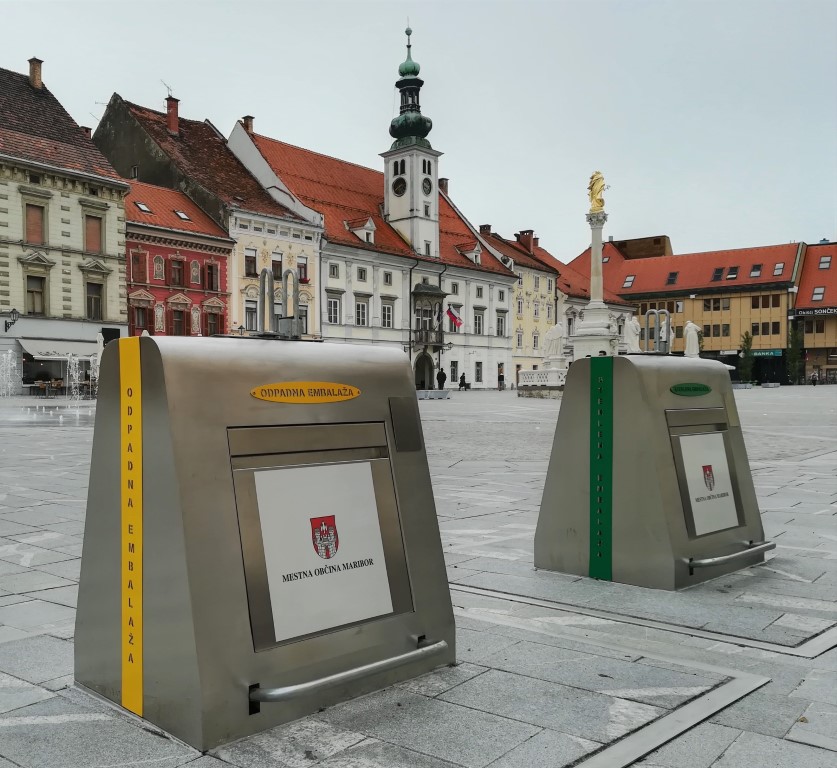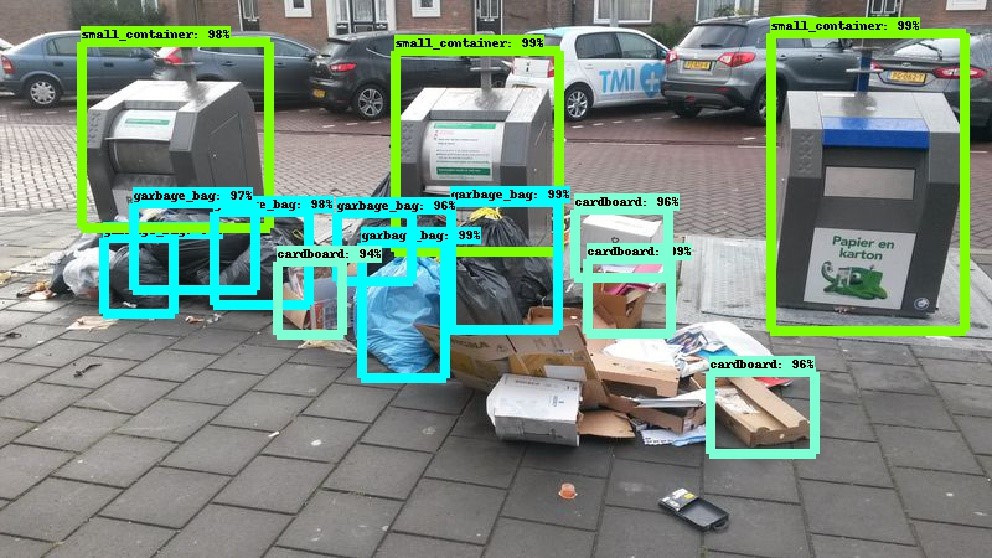On 23 June 2020, ACR+ (advisory partner of the project) organised an online thematic seminar – the third and last of WINPOL – for partners to hear directly from these practices and exchange on the topic. The pilot project of PAYT in large hotels led by the Municipality of Hersonissos in Crete (GR) showed that despite the willingness of the stakeholders involved and encouraging first results, PAYT schemes might be complicated to set when there is no national legal framework that allows treatment costs to be reduced based on a proper sorting at source. This was echoed by a presentation made by SNAGA to explain how waste collection prices are set in Slovenia according to the national law and hindering a system based on modular prices.
In other cases, such as in Limburg (BE), a transparent, fair, stable and affordable waste management invoice could be implemented. For this Belgian intermunicipality it means that all real costs should be covered based on a system of “direct charge” including all fixed costs and the quotum, a portion of variable costs. A fair tax, coupled with an objective of waste prevention, is also behind the model developed by Argentona (ES) since 2010. The use of prepaid bags, first for residual and light packaging waste then only for residual waste, has been gradually improved to reach impressive results. The separate collection rate jumped from 52.8% in 2008 to 87.6% in 2018.
Despite positive results like in Argentona, PAYT sometimes suffer from a low perception and the idea of “fair tax” might be subject to discussion. To counter this, the town of Seveso (IT) moved from PAYT to KAYT, giving users individual, detailed and frequent feedback (both positive and negative) on their habits. In other words, the use of big data for information or nudging is key and may allow to achieve good results together with or as an alternative to PAYT. EMULSA, waste operator of the city of Gijón (ES), presented a way of collecting these data by installing electronic locks on over 1,300 waste containers (mainly for residual waste). If some aspects, such as littering and vandalism, still need to be improved; the use of this technology helps understanding waste deposit patterns and contributed to boost proper source separate collection and reducing recyclables percentage in the residual waste stream.
The two previous thematic seminars organised by WINPOL included study-visits. Unfortunately this was not possible in the current context. Instead, this third thematic seminar visited two related projects: SMART WASTE and Rethink WASTE. Also supported by Interreg Europe, SMART WASTE aims to overcome the failures of partners’ policy instruments in supporting innovation in waste management. The project is still in its inception phase but promises an interesting interregional exchange of good practices. The LIFE Rethink WASTE project is now closing its preparation phase with the upcoming publication of a catalogue of experiences of PAYT and KAYT across Europe. At the end of its three years, the project expects to have endowed public authorities with a “plug and play” model based on PAYT and KAYT, testing the latter one in four pilot areas.
This seminar closed the main exchange of experiences of the project which counts with 30 Good Practices, available online. Partners now have six months to select the practices that they would like to transfer to their territories in order to improve their local waste management policies. After that, the second phase of the project will open, during which partners will bring to life these improvements aiming to increase their waste performances and ultimately reach greater sustainability. Within these six months, the project will also publish a handbook gathering all the practices explored.
The recording and the presentations of the practices are available on the event's page.
